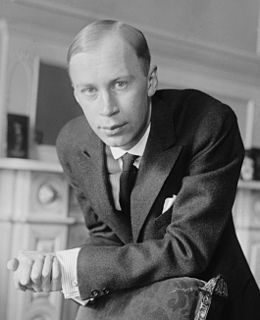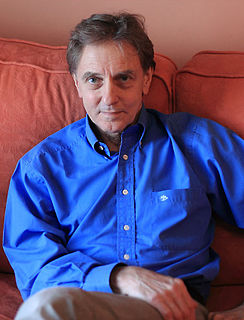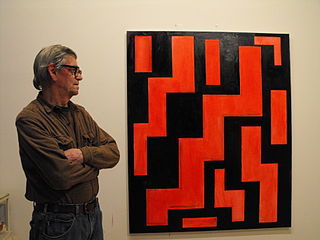A Quote by Joshua Reynolds
A painter must compensate the natural deficiencies of his art. He has but one sentence to utter, but one moment to exhibit. He cannot, like the poet or historian, expatiate, and impress the mind.
Related Quotes
A perfect historian must possess an imagination sufficiently powerful to make his narrative affecting and picturesque; yet he must control it so absolutely as to content himself with the materials which he finds, and to refrain from supplying deficiencies by additions of his own. He must be a profound and ingenious reasoner; yet he must possess sufficient self-command to abstain from casting his facts in the mould of his hypothesis.
So, then, the best of the historian is subject to the poet; for whatsoever action or faction, whatsoever counsel, policy, or war-stratagem the historian is bound to recite, that may the poet, if he list, with his imitation make his own, beautifying it both for further teaching and more delighting, as it pleaseth him; having all, from Dante’s Heaven to his Hell, under the authority of his pen.
The receptive attitude enables one mind to fix itself to another as by spiritual grappling-irons. When you see that every word you utter us taken in, and weighed, and measured by your listener, you cannot free yourself from the influence of his presence. You are compelled to have in your thoughts not only the words you utter, but the man to whom they are spoken. You must not only talk, and talk well, but you must talk to him.
I cannot write in verse, for I am no poet. I cannot arrange the parts of speech with such art as to produce effects of light and shade, for I am no painter. Even by signs and gestures I cannot express my thoughts and feelings, for I am no dancer. But I can do so by means of sounds, for I am a musician.
Contemporary art is based on that an artist is supposed to go into art history in the same way as an art historian. When the artist produces something he or she relates to it with the eye of an art historian/critic. I have the feeling that when I am working it is more like working with soap opera or glamour. It is emotional and not art criticism or history of art.
It is one thing to write as poet and another to write as a historian: the poet can recount or sing about things not as they were, but as they should have been, and the historian must write about them not as they should have been, but as they were, without adding or subtracting anything from the truth.







































